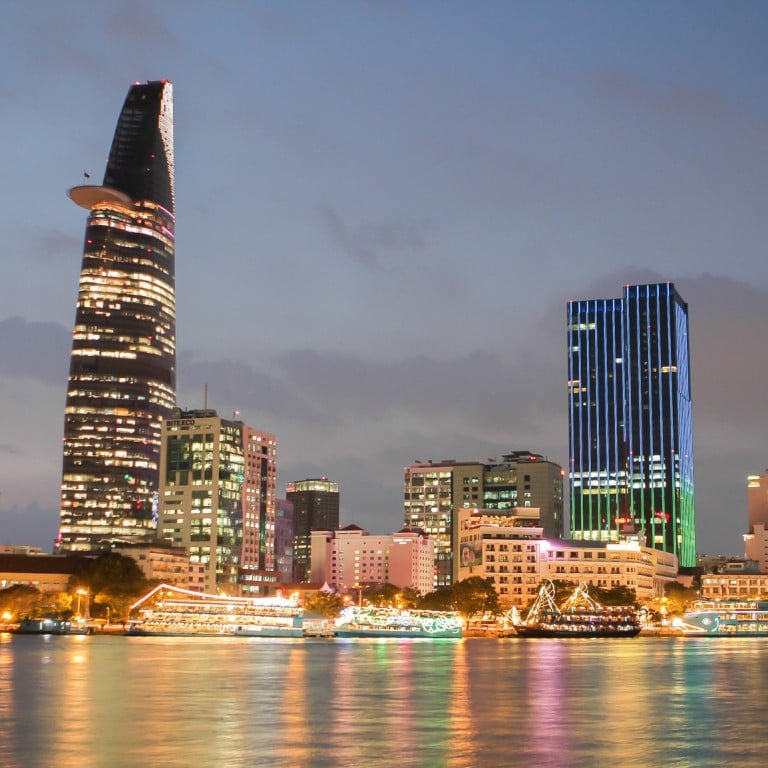
Vietnam’s backers say the sky’s the limit, even as start-ups shiver through ‘winter of funding’
- With one of the most vibrant start-up ecosystems and fastest-growing economies in Southeast Asia, Vietnam is poised to climb the global value chain
- Returning overseas Vietnamese and an abundance of hungry, young talent are driving its upwards trajectory – but its time in the sun may not last
Hunting for the perfect rose myrtle berries, he immersed himself in the horticultural and foraging traditions of the hill-tribe communities of the country’s Northern Highlands.
The result was Vietnam’s first craft gin, Song Cai, aimed in part at an increasingly experimental and affluent domestic market.
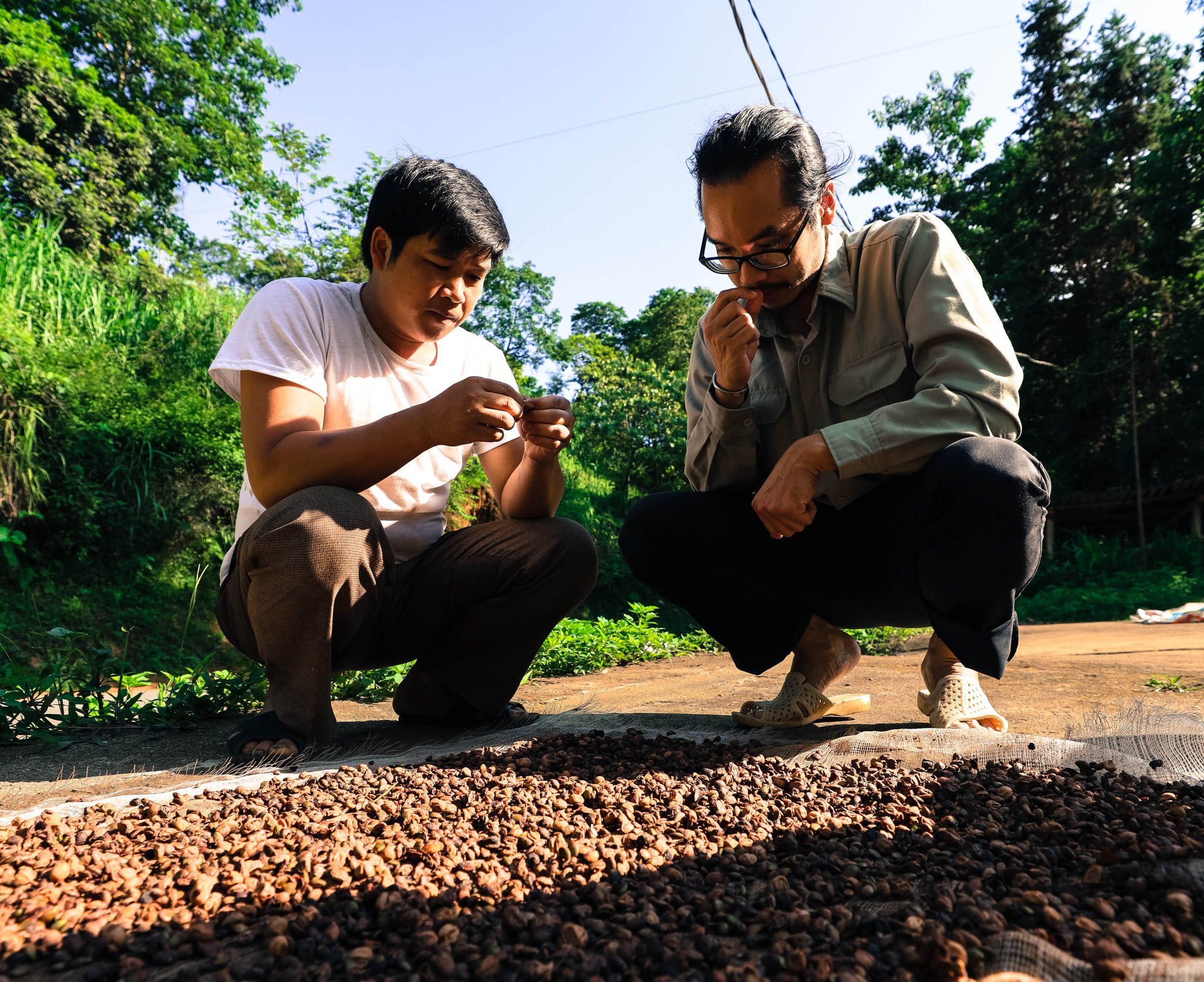
Home-grown produce and talent, as well as a thriving economy that’s forecast to record 6 per cent growth this year, made Vietnam ripe for his epicurean endeavour, California-born Daniel says.
But its moment in the sun may not last long.
Who is Truong My Lan? From market stall to Vietnam’s biggest fraud case
“Vietnam’s advantage is a quickly growing economy. Our labour costs are relatively cheaper. But these competitive advantages are not long term,” Daniel told This Week in Asia.
“If Vietnam wants to become competitive, and continue to grow in the future, we have to change our mindset that when we stop being a low-income country, our competitive advantage in terms of a low-cost labour pool no longer exists.”
With a population of nearly 100 million, whose median age is around 32, Vietnam has a strong domestic base of both workers and consumers – and that’s good news for anyone looking to launch a business.
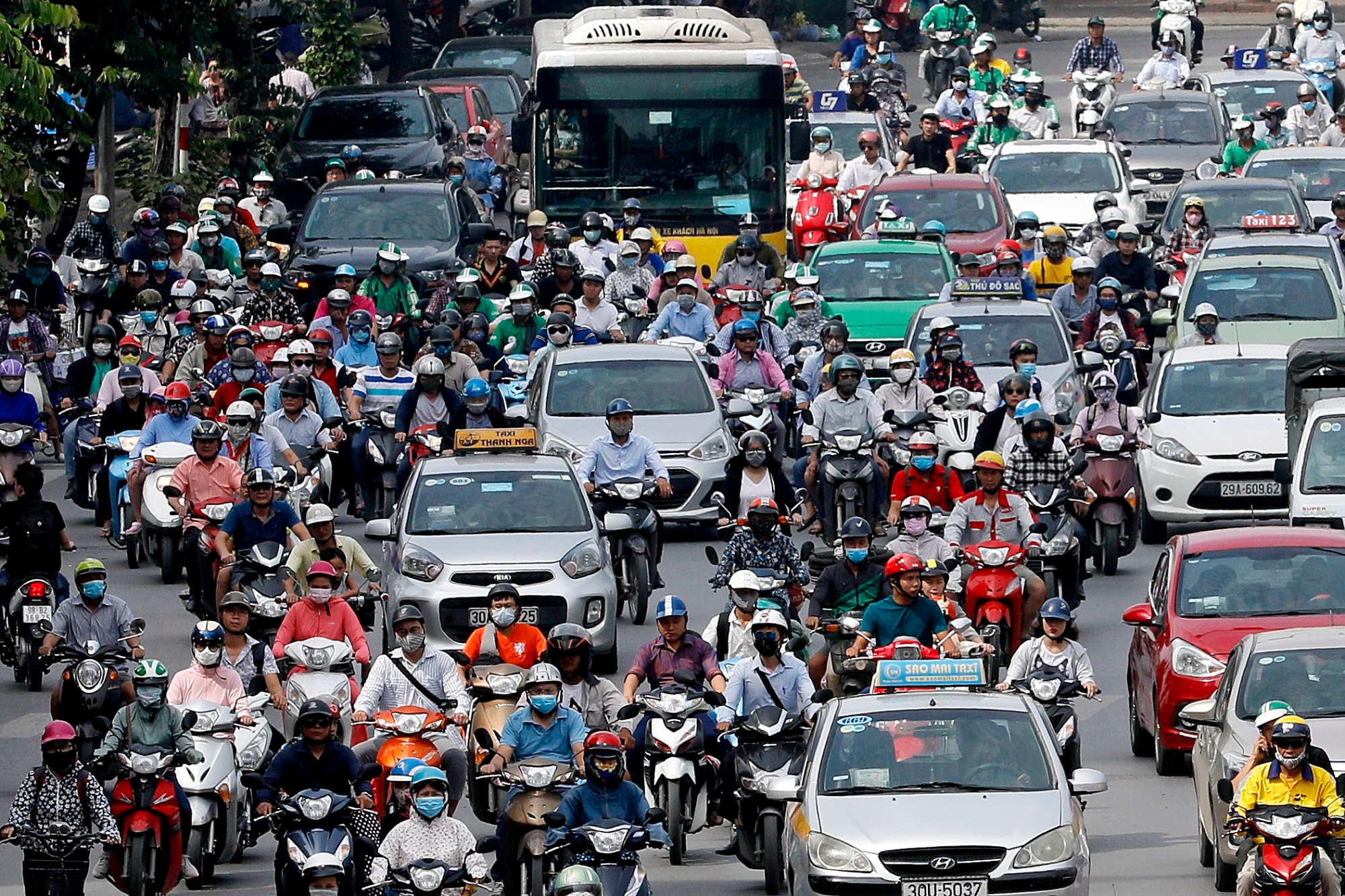
“This, combined with the fastest-growing middle class in Southeast Asia, provides a huge potential consumer base for digital solutions and services,” said Willis Wee, founder and CEO of Tech in Asia, organiser of the first-ever Saigon Summit for start-ups, being held in Ho Chi Minh City in May.
“There’s also the talent factor – Vietnam is well-known for harbouring affordable and talented engineers. The sky really is the limit for Vietnam.”
The country’s digital economy is expected to reach US$45 billion by 2025, according to the e-Conomy SEA 2023 report by Google, Temasek, and Bain & Company.
E-commerce giants eye Vietnam’s booming online market
For now unicorns like ‘super app’ MoMo and tech-focused game studio Sky Mavis are the scene-stealers, showing Vietnam can do everything from e-payments to video-game development.
And foreign investors want in – although a sharp funding slowdown, brought on by a sluggish global economy, has hit the start-up ecosystem.
In the first two months of this year, Vietnam’s total capital inflows surged to US$4.29 billion for everything from data centres, electric vehicles and fintech companies – but mostly not start-ups.
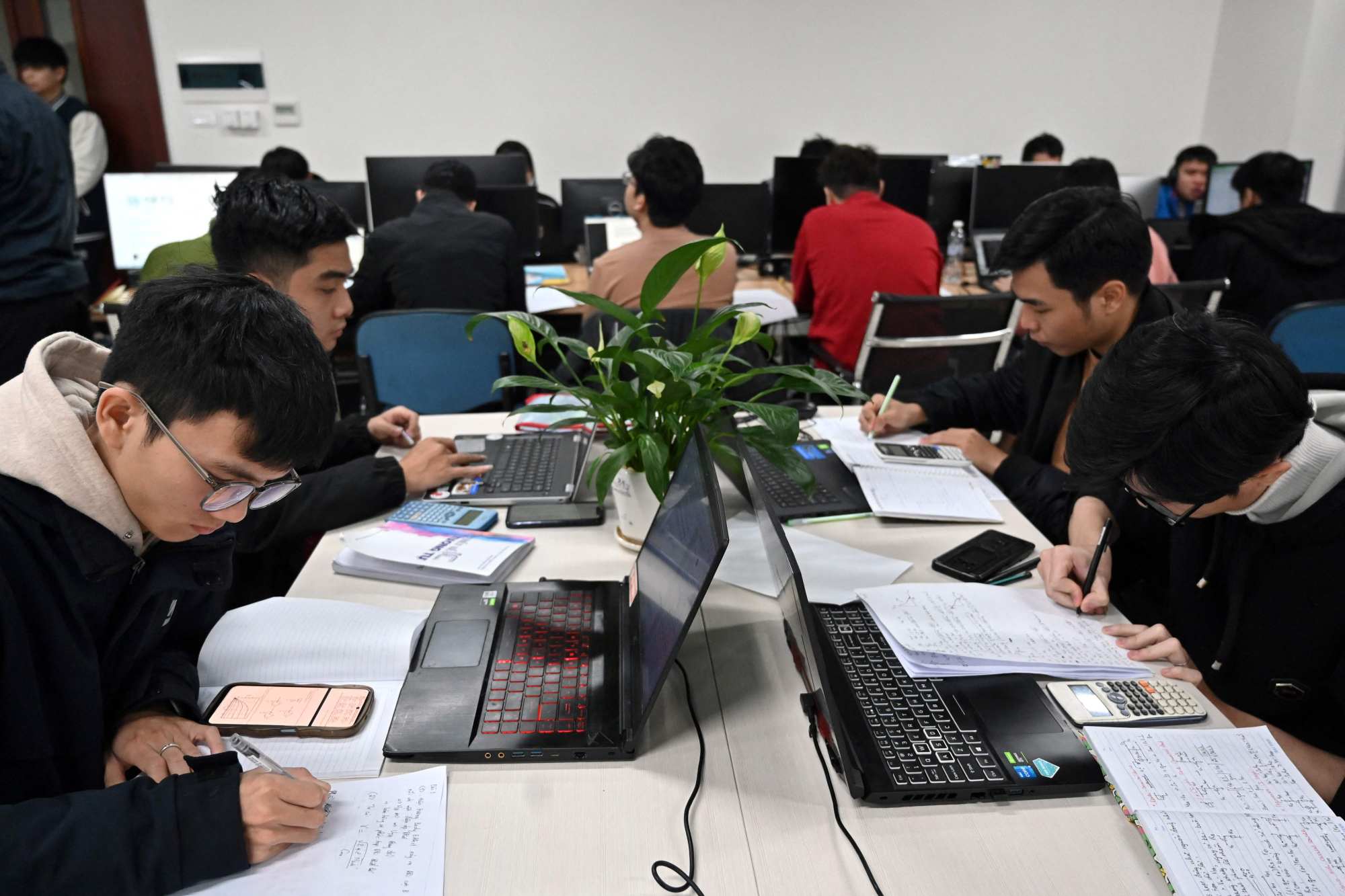
Apple, Intel and LG have all moved parts of their supply chains to Vietnam in recent years, with one in 10 of the world’s smartphones now produced in the Southeast Asian nation, according to the Brookings Institution think tank.
Money and mission
“Vietnam is a huge raw agricultural commodity production and exporting country,” he said, outlining the conundrum he is seeking to solve with his business.
“Yet, we do not have the standing to move up in the global supply chain …. we can be the first leading exporter of coffee, tea, peppercorns, or rice. But the economic value that it actually brings back to farmers is not significant.”
This vision of a company that brings more benefits to workers chimes with the stated aims of many among the expanding cohort of overseas Vietnamese (or Viet Kieu, as they’re known in Vietnam) who are returning to the country, descendants of refugees and economic migrants.
Vietnam has that unique feature. There is a lot of talent coming back to the country who are very well educated
They are entering the market armed with knowledge gained at prestigious Western business schools and from early start-up ventures to capitalise on the raw opportunities available in their ancestral homeland.
“Vietnam has that unique feature. There is a lot of talent coming back to the country who are very well educated. They have great technical skills and bring in a lot of new ideas and perspectives into the ecosystem.” said Willem Smit, lead faculty member for entrepreneurship with the YSEALI Academy at Fulbright University Vietnam.
“Their families were abroad, they were raised abroad, they came here to Vietnam, and as often happens, the internet [and] immigrants can bring in great entrepreneurial ideas and start new businesses.”
‘Winter of funding’
Cushman and Wakefield, a commercial real estate agency, describes Vietnam as the top destination globally, in terms of attractiveness, for pioneering business-process outsourcing, driven partially by raw and hungry talent.
Like its rivals, the country faces the challenge of continuing to provide jobs – at least 1.5 million new positions annually, to keep up with population growth and the tens of thousands of new graduates entering the market each year.
Start-ups, it is hoped, will provide at least some of that employment.
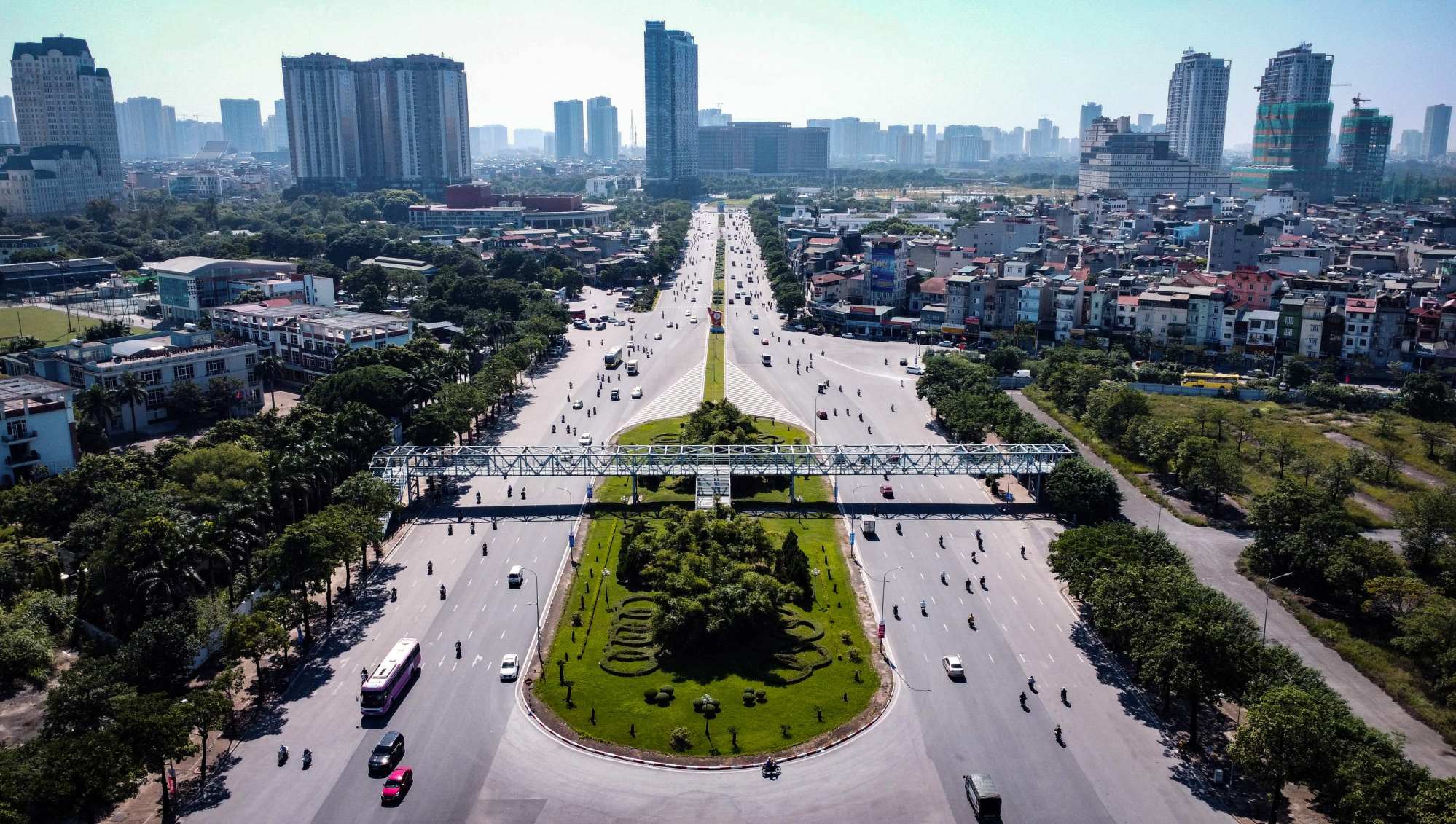
Vietnam is home to nearly 3,500 start-ups, making it the fourth largest start-up ecosystem in Asia, according to last year’s global ranking from US consultancy Startup Genome.
The number almost doubled during the pandemic, as the volume of venture capital entering the nation surged, reaching a then-record high of US$1.4 billion in 2021.
But away from the boosterism that frames the start-up scene, a cold front is emerging.
Funding plummeted last year, with Vietnamese start-ups only managing to raise US$541 million. Nevertheless, Tech in Asia data shows the country remained one of the most funded start-up ecosystems in Southeast Asia in 2023, ranking third after Singapore and Indonesia.
Vietnamese start-ups are facing common challenges amid the backdrop of global economic slowdown
However, troubles in the global economy may yet clip the wings of early stage firms, according to Khoa Vo, director of operations at Block71 Saigon, a global start-up community connector.
“Vietnamese start-ups are facing common challenges amid the backdrop of global economic slowdown and Vietnam’s economic downturn,” he said, explaining 2024 is expected to remain “challenging” for raising money.
“The winter of funding calls for Vietnamese start-ups to be more flexible and cautious in managing cash flow and fundraising strategies. Decreased sales will also make investors more cautious in deploying capital.”
Large firms with lots of seed capital are able to pay higher wages for the best graduates and fintech workers, while smaller ones often cannot afford to pay the boom salaries of earlier years until they start to make serious money.
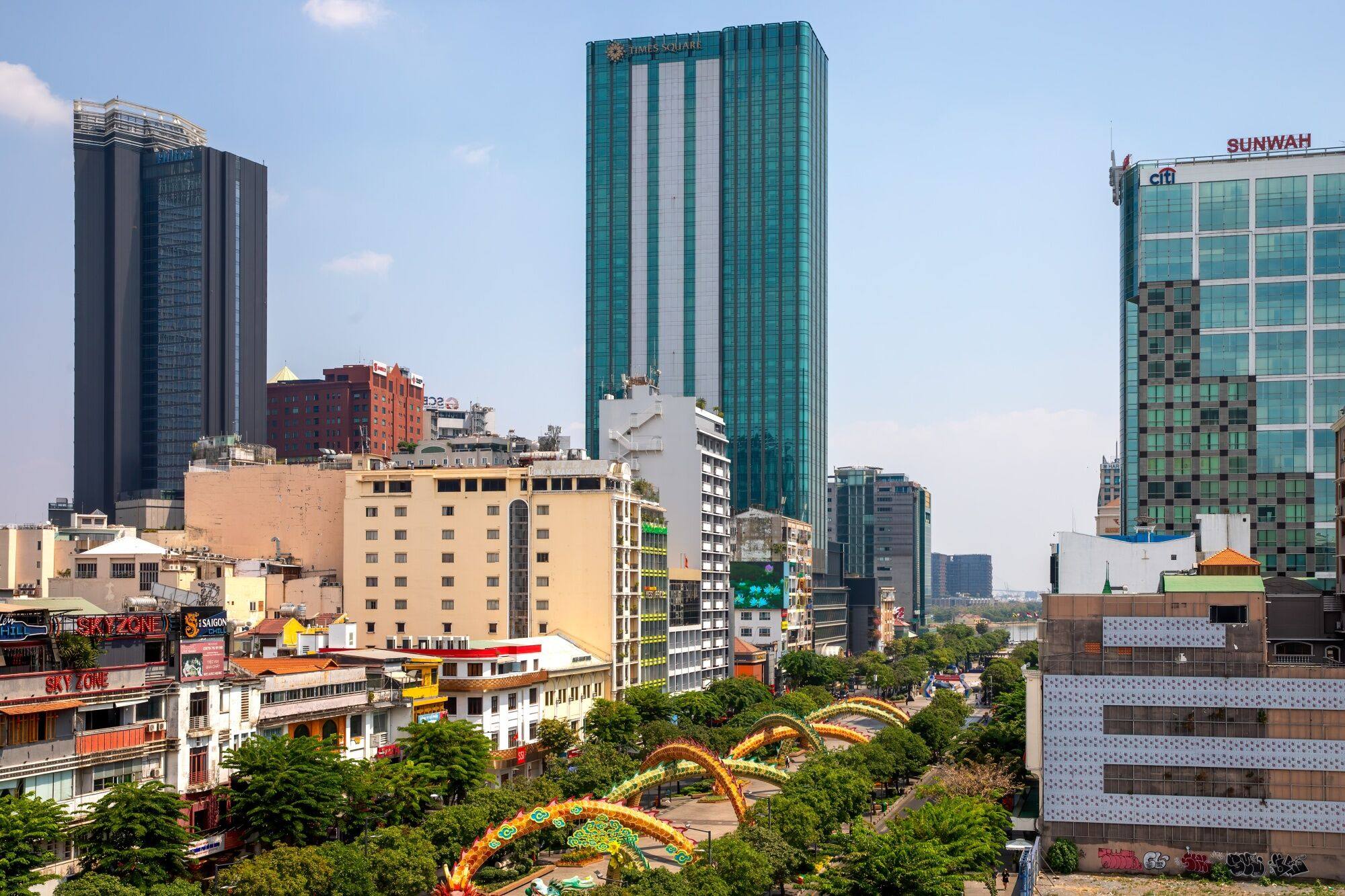
Legal infrastructure also remains a major hurdle in a heavily bureaucratic – and infamously corrupt – country, especially outside the thrum of start-up hub Ho Chi Minh City.
Despite the catalogue of risks, in true start-up spirit Pham Xuan Quang, 39, says in crisis, opportunities can be found.
“Many US companies are cutting back … large companies often cut unnecessary costs,” said the co-founder of Tinyflow.io, a management tool launched in 2020.

“[But] this also presents an opportunity for companies like Tinyflow, with intelligent design and reasonable costs, attracting many international users. We target small companies, under 20 people.”
For others, cutting through Vietnam’s specific challenges is just the price of entry to one of Southeast Asia’s most exciting markets.
Esther Nguyen, who founded POPS Worldwide in 2007 to market local content to the world and bring global media offerings to Vietnam, one of the early challenges was rampant piracy, in a country with an at-times opaque legal system and lax enforcement.
But that is changing, she says, in a further sign of a nation on the move, adjusting to the needs of the market.
Time for T-pop: Thai and Vietnamese music are having a moment
“Even if it’s on the internet, it’s not supposed to be given out for free,” she told This Week in Asia. “There is a value for digital distribution and digital monetisation. Now, everyone is trying to follow that set of rules that matches with the global environment.”
Other challenges came from closer to home, she says, describing her mother’s initial dismay when Esther decided to move from the US to Vietnam to start a company.
“My family spent a lot of effort and time for me to have a life in the US. It was quite difficult for them to accept. But over the course of time, they came to realise that it was a good decision for me to do what I’ve done,” she said.
“It was a cultural thing. Girls aren’t supposed to go out and wander off clear across the globe and do this stuff”.
POPS Worldwide has raised US$37 million in funding so far and is now one of the biggest companies in Vietnam’s music industry.

